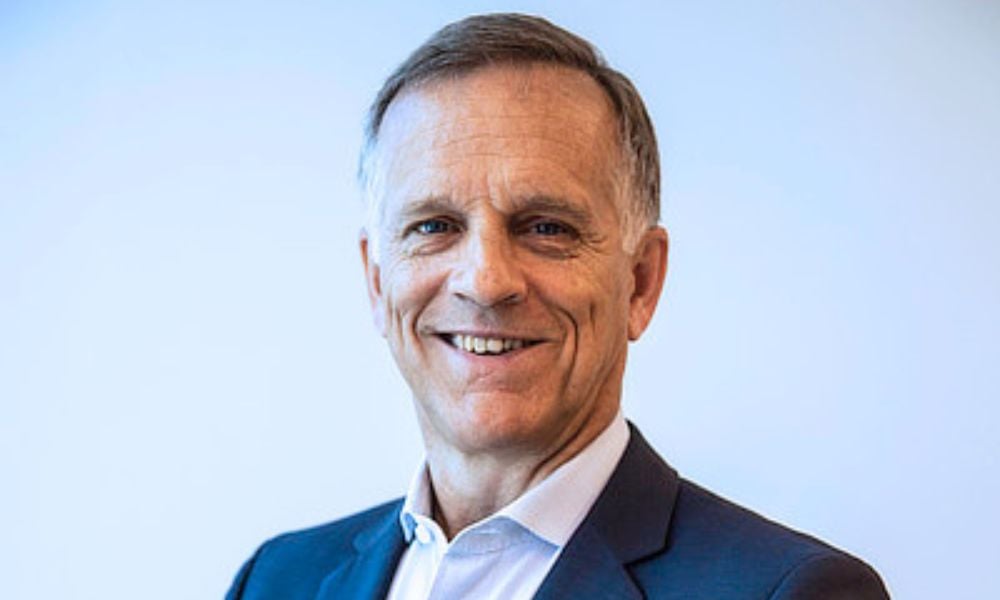State to pay full share of annual public pension
WASHINGTON (Reuters) — The U.S. Supreme Court on Monday rejected a bid by unions representing public employees including teachers and state troopers to force the state of New Jersey to pay the full share of its annual public pension contribution.
The court declined to hear the unions' appeal, leaving in place a July 2015 ruling by the New Jersey Supreme Court that allowed Republican Governor Chris Christie's administration to make only partial contributions into public pension funds.
Over several administrations, New Jersey has short-changed its public pensions, leaving them poorly funded.
Under bipartisan 2011 reforms, the state promised to step up contributions over seven years until reaching the full amount that actuaries say is necessary to keep it healthy.
In exchange, New Jersey teachers, state troopers and other government workers agreed to pay more. But in 2014, Christie slashed the state's contribution for two years, citing a severe revenue shortfall and ultimately paying less than 30 percent of what was required under the reforms, according to the unions' petition asking the U.S. Supreme Court to hear the case.
New Jersey's 2011 law made state contributions a contractual obligation. Despite having championed the reforms and abided by them for two years, Christie then said the state's fiscal emergency allowed him to cut contributions and that lawmakers cannot bind future legislatures to billions of dollars in spending.
Many U.S. states have slowly recovered from the recession, and most have tried to bolster their public pensions either by moving new employees into 401(k)-style plans, reducing future benefits or raising retirement ages.
Even so, a few states with big pension problems stand out, including New Jersey. It has under-funded its pensions more than any other U.S. state for more than a decade, on average just 38 percent of what it was supposed to have paid annually, a 2015 study from the National Association of State Retirement Administrators showed.
On Feb. 16, Christie proposed a fiscal 2017 budget that called for a $1.86 billion contribution, or 40 percent of its required contribution. Since Christie took office in 2010, his administration has made $6.3 billion of contributions, more than any previous governor, his office said.
Democrats who lead the state legislature are now pushing for a November ballot measure that would ask voters to approve quarterly state pension contributions.
Christie and other critics have said the state constitutional change would put pension contributions in line ahead of other critical state expenditures.




